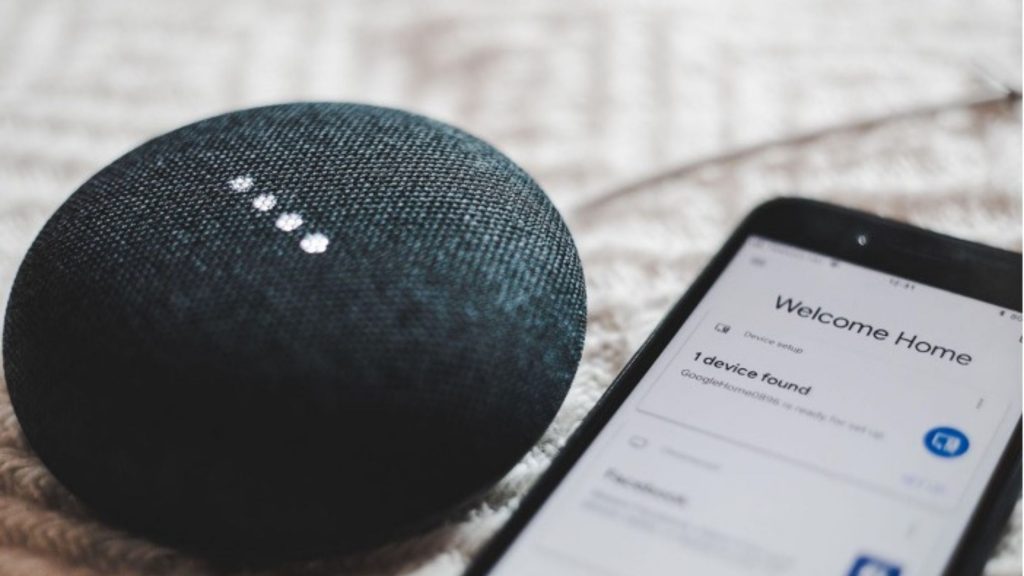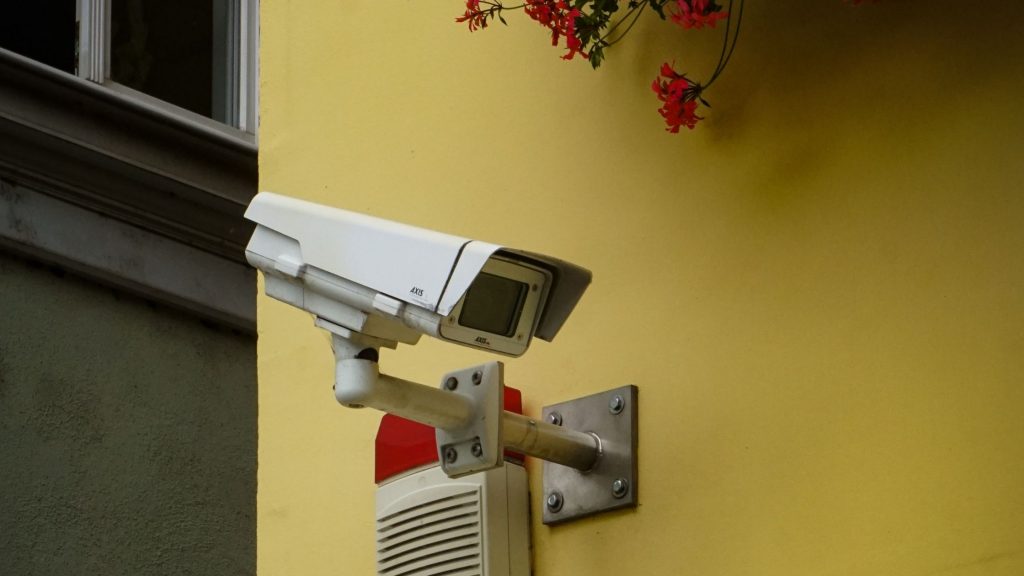Pros and Cons of Smart Home Technology
By Lisa Fant
Many new homebuyers, or long-time homeowners, have opted for tech solutions in their homes for added convenience and security. With busy lives and full to-do lists, many of these smart tools can optimize our time, work for our benefit and have become more comprehensive than ever before. Despite the seemingly simplistic use of modernistic devices like doorbell cameras, smart entertainment gadgets, or assistants automating routine tasks, technology isn’t always perfect and some smart home tools may not be suitable for certain consumers. Consider these pros and cons before investing in smart home technology:
Pro: Convenience is Key
Having access to home devices at your fingertips simplifies daily tasks. While at work, you can unlock the door for the repairman right from your smartphone. Checking in on children, pets, or elderly loved ones comes with ease using smart home surveillance cameras.

Con: Technology Fails
In an ultramodern world, we expect technology to work most, if not all the time; however, it’s never guaranteed you will always have access to your phone or systems in your home. Power outages, loss of access to the internet, and technological errors can impact your ability to complete everyday tasks.

Pro: Sustainability Matters
Smart bulbs are a small but practical switch to energy-efficient technology. According to the U.S Department of Energy, all smart bulbs are LED bulbs, which use at least 75% less energy than incandescent bulbs yet last 25 times longer. The National Association of Realtors® reports that 63% of Realtors® said energy efficiency promotion in listings was very or somewhat valuable, and 51% of their clients were at least somewhat interested in sustainability.

Con: Convenience Costs
While energy savings may be an incentive for settling on a smart home, initial start-up costs may drive you away. Smart systems may come at a hefty price tag–especially if you decide to systemize all technology into a hub to be controlled by one device. HomeAdvisor suggests that home automation systems can cost anywhere between $173 and $1,430, but some reports include installations of $3,000 depending on the systems implemented.

Pro: Smart Safety

Con: Hacking Happens
Since almost all smart devices are controlled by wireless networks, there is an inevitable possibility of hackers gaining access to your home’s Wi-Fi or Bluetooth network. The chance of hackers deactivating security measures and acquiring your personal information is a risk that consumers may want to consider. If a smart home still seems like an attractive option, be sure to secure your home’s wi-fi network, keep firmware updated, and only use reputable, well-known smart home brands.

The Bottom Line
While ease of use and convenience may make smart home technology look like a no-brainer, there are drawbacks and risks associated with a fully high-tech space. Be sure to do your research; however, as smart home trends continue to emerge, it’s possible that companies will mitigate many drawbacks, making their technology safer and more effective.
